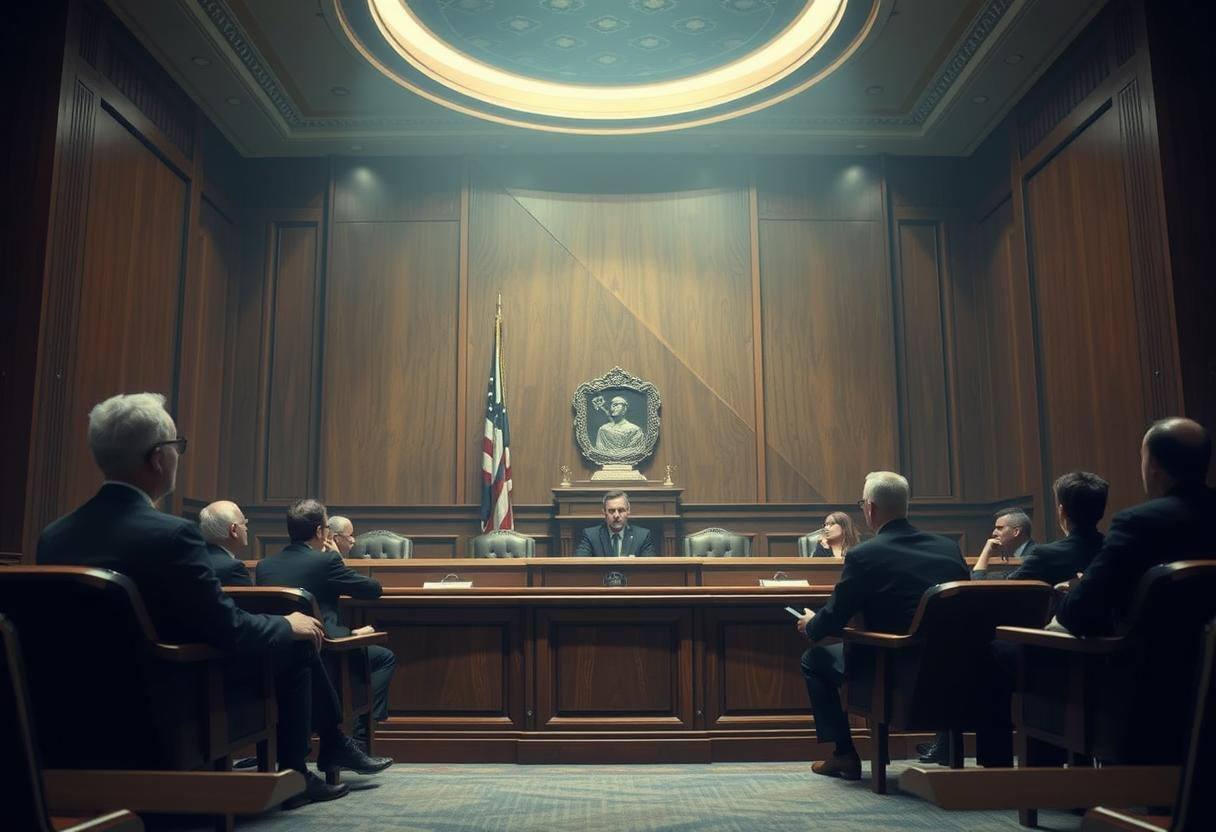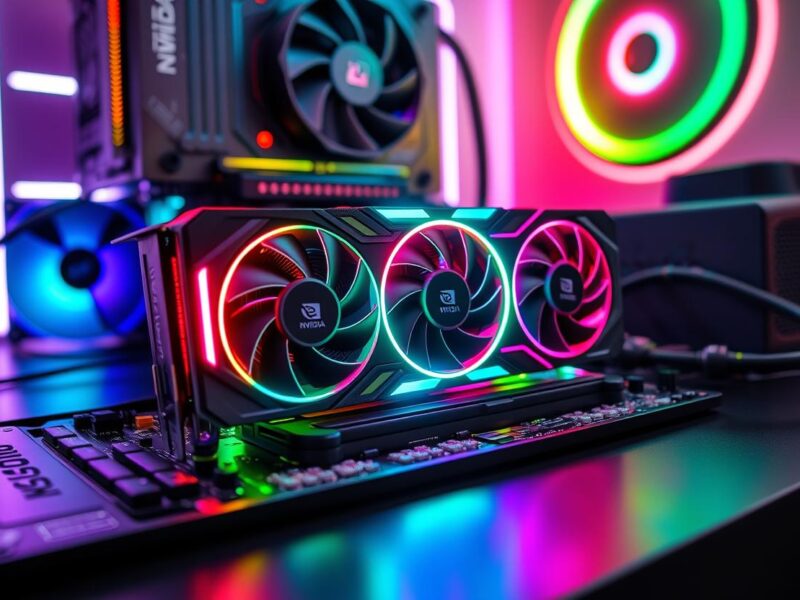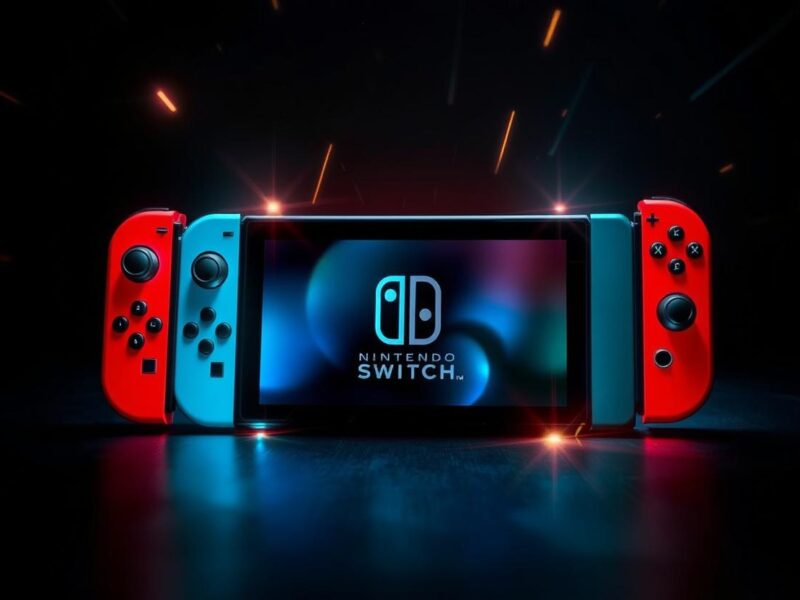In a recent legal development, OpenAI has taken a stand against Elon Musk, filing a countersuit that paints a picture of a tech mogul unable to reconcile with the success of an enterprise he once deemed doomed. The lawsuit, as reported, accuses Musk of orchestrating press attacks through the social media platform under his control and engaging in what OpenAI describes as ‘harassing legal claims’ and a ‘sham bid’ for its assets. This legal battle underscores a deeper narrative of control, ambition, and the ethical boundaries of artificial intelligence development.
The tension between OpenAI and Musk isn’t new. Last year, Musk sued OpenAI, alleging it had strayed from its nonprofit mission, becoming a ‘closed-source de facto subsidiary’ of Microsoft, and violating its foundational agreement to develop AI ‘for the benefit of humanity.’ OpenAI’s countersuit, however, suggests Musk’s actions are less about altruism and more about thwarting OpenAI’s restructuring into a for-profit entity with a nonprofit division—a move Musk reportedly once advocated for during his tenure with the organization.
OpenAI’s filing reveals a complex relationship, highlighting emails where Musk, during his involvement with OpenAI, discussed the necessity of a for-profit model, even proposing a merger with Tesla to secure funding. This juxtaposition raises questions about the consistency of Musk’s public stance versus his private negotiations. The countersuit also alleges Musk’s recent actions are ‘bad-faith tactics’ aimed at slowing OpenAI’s progress and seizing control of its technology for personal gain.
As OpenAI races against time to complete its reorganization by the end of the year—or risk losing up to $10 billion in private funding—the lawsuit seeks to enjoin Musk from further ‘unlawful and unfair action’ and hold him accountable for damages. Musk’s legal team, however, maintains that his offer for OpenAI was serious, not a sham, and criticizes OpenAI’s reluctance to pay fair market value for its assets as indicative of its business plans’ fragility.
This legal skirmish between OpenAI and Elon Musk is more than a dispute over corporate restructuring; it’s a reflection of the broader tensions in the tech industry over the direction of AI development, the balance between profit and public good, and the personalities that shape these debates. As both parties prepare for a protracted legal battle, the outcome could have significant implications for the future of AI governance and the ethical frameworks that guide it.


